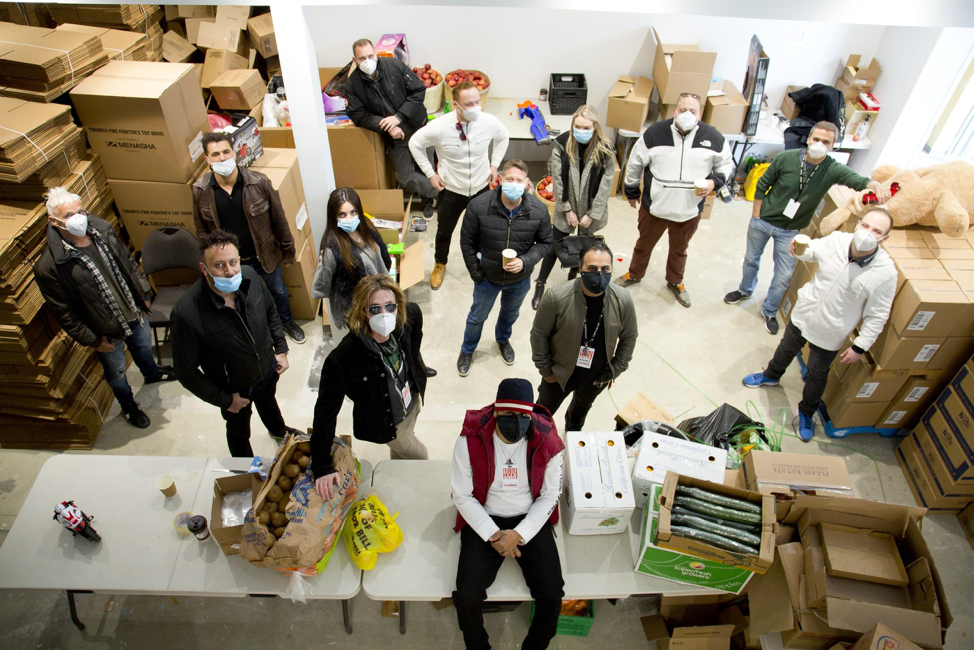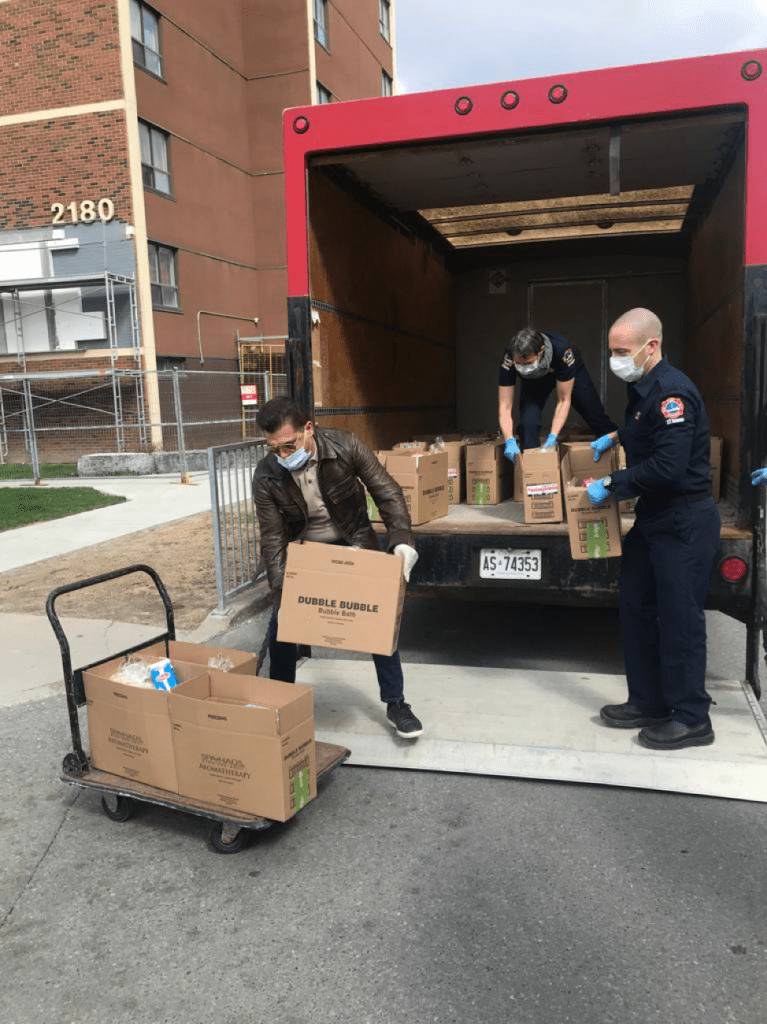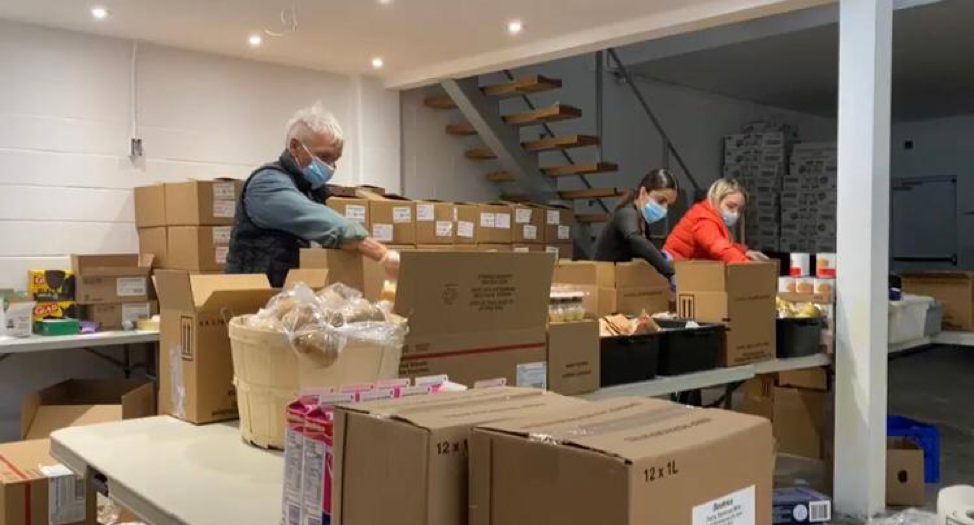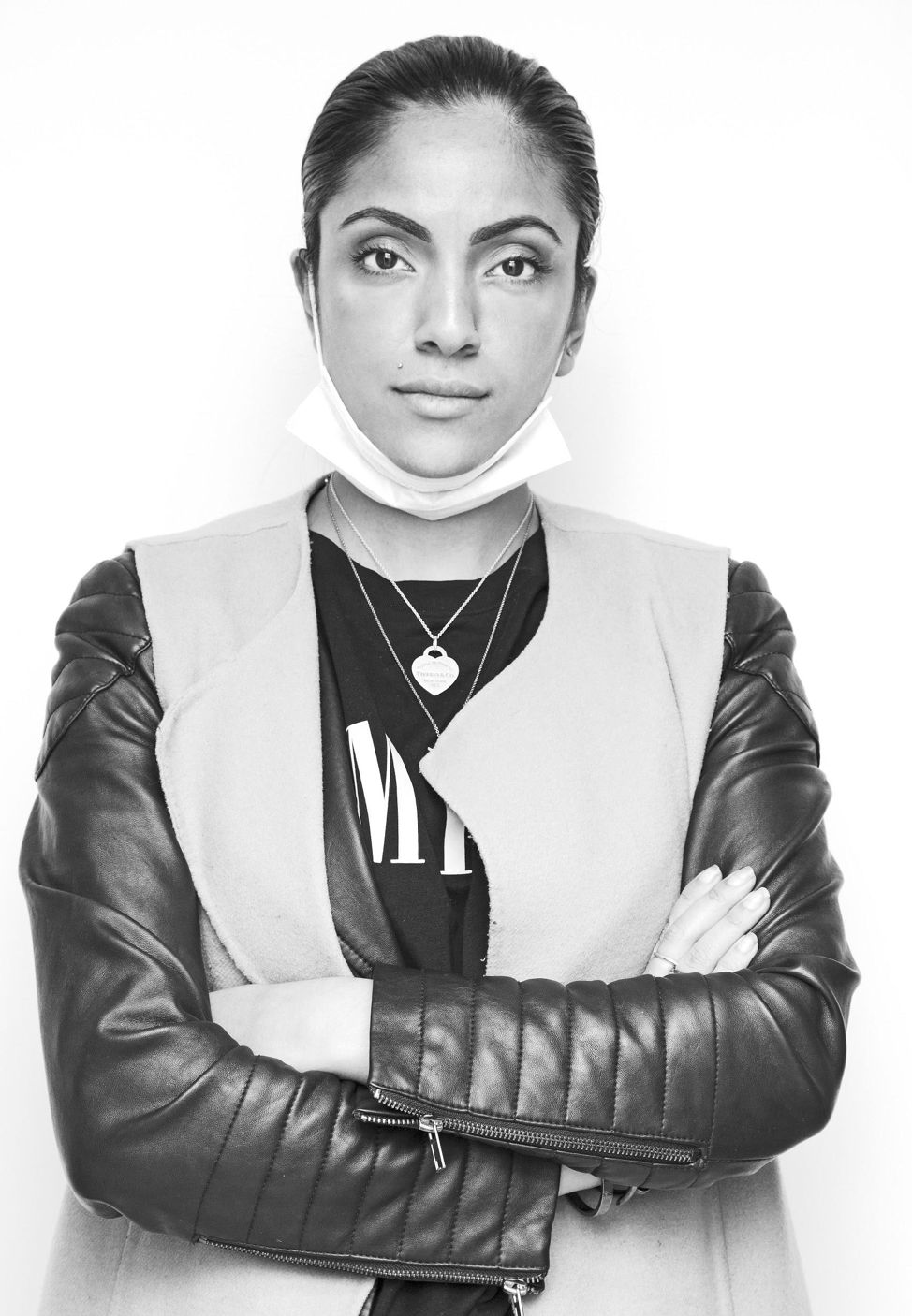At the age of five, Vedika Solecki remembers watching her mom command rooms backstage at fashion shows. Her beautiful hair bouncing as she did from person to person; solving problems and reassuring models and investors. Observing a strong woman take charge in this way defined for Solecki what it meant to be an effective leader and problem solver.
Since then, this single moment has shaped Solecki’s career. When she launched Sheek PR, she saw the actualization of her desire and drive come to fruition.
The COVID-19 pandemic has now changed all that she thought she knew about helping companies and local communities navigate through hard times. At a loss for effective ways to positively impact the community, Solecki joined forces with DreamMind Group and Operation Ramzieh, a food box initiative delivering free food to Canadian seniors in need, that has already raised over $100,000.
This week in Women Who Lead, Solecki discussing the importance of giving back and why she built her company.


I noticed that in our business [media relations] we have so many luxuries to do things. We have technology, we have a roof over our head. We have people and infrastructure that supports us but that only stands true for a really small percentage of the community. We might be a little bored but we’re not struggling to the point where we think, I don’t have rice or eggs or socks even. I just woke up one day, before joining Operation Ramzieh and said I don’t care if I have to get out there and put a mask and gloves on every day, I have to do something.
We want to put a smile on these people’s faces and we don’t want anyone to go hungry.
How does the passion you feel towards this initiative make the work you’re doing with Operation Ramzieh different from other charity organizations that we’ve seen?
We’re just doing it. I would say that the proof is in the pudding. I’m away from my family and my loved ones doing this daily and that’s not to speak poorly of anyone else. The community needs all the help it can get. We are some of the many people that are out here just doing it, and what is important is that we are focused on making a greater impact by joining forces and doing it together.
I would love to see other organizations come together. The real question in all of this should be, How do we band together to make the greatest impact in helping those in need.
I’m grateful to all of my volunteers, they’re not being paid to be here and a lot of them are facing financial strain like the rest of us. We are running a full operation; the demand for food hasn’t stopped since we started. I really hope that we can involve more community members and scale as the demand does because our mandate is to feed people.
To me, this isn’t just doing a little initiative on the side. There are nights when I can’t sleep, days where I’m eating a meal in my kitchen and feeling guilty, wondering ‘did they get to eat?’ I think if we could take in how severe this situation is for people, it wouldn’t be difficult to come together and provide resources.
We don’t want anyone to go hungry.
Are there any plans to continue this initiative beyond the COVID-19 pandemic?
We live in a very sheltered world and maybe had it not been for this pandemic, our eyes may not have been opened. Since the COVID-19 outbreak, everyone has been taking a very real look at their neighbourhoods and communities to find those who need help.
Right now we are only helping Toronto, but how do we go further?
I come from India. People are either rich or very poor. So this experience for me has opened my eyes to consider what the possibilities are in terms of making my own impact on an international level in my own country.


It’s about being human. I grew up in a household where my mother would go to the Mother Theresa Foundation in India every quarter and just write a check and spend time with the kids. My grandfather was a very successful businessman himself, but he always tried to do good for the community. I think when you’re young and comfortable, seeing that develops something in you. In all honesty, it wasn’t something I realized until recently. I think if everyone strips it down, it’s so easy to define what is really important.
How have you dealt with COVID-19 as a business?
I was freaking out. I was crying. It just felt like everything was being pulled up underneath my feet. There was event cancelation after cancelation but I decided the next morning that this wasn’t going to be how I handled the situation. I looked into creating food care-packages with our suppliers. From there the energy shifted and we focused on providing, and it’s been keeping us positive.
Of course, my business and client’s concerns are a priority. I’ve been working to encourage them, letting them know we are going to get out of this and redirecting business efforts to figure out how we go digital, especially in the concierge business where we have had to create mandates for digital shopping, delivery and providing positive content.
What is the benefit of networking right now?
Greater connections are being built because you show that you’re being active, you’re community-oriented, and your togetherness. Anybody who isn’t taking those meaningful measures right now will be looked at in a very different light once we get through this.
I’ve met so many businesses. I’ve reconnected with old clients during this time. I’ve connected with people who I haven’t worked with but knew me somehow. We’re meeting all types of people that can spark all kinds of business and initiatives.


My mother produced some of the most successful fashion shows in India. I grew up seeing a very strong woman in a comfortable Indian home, who got pushed into getting married very early. She made it work. She was always known for being a problem-solver.
What my mom provided was not a PR service or a fashion show. She provided a sense of security to her clients, and that is our industry at its core. Now, as I navigate my career, I want my clients, even in this situation, to know that we are here and it’s going to be okay.








